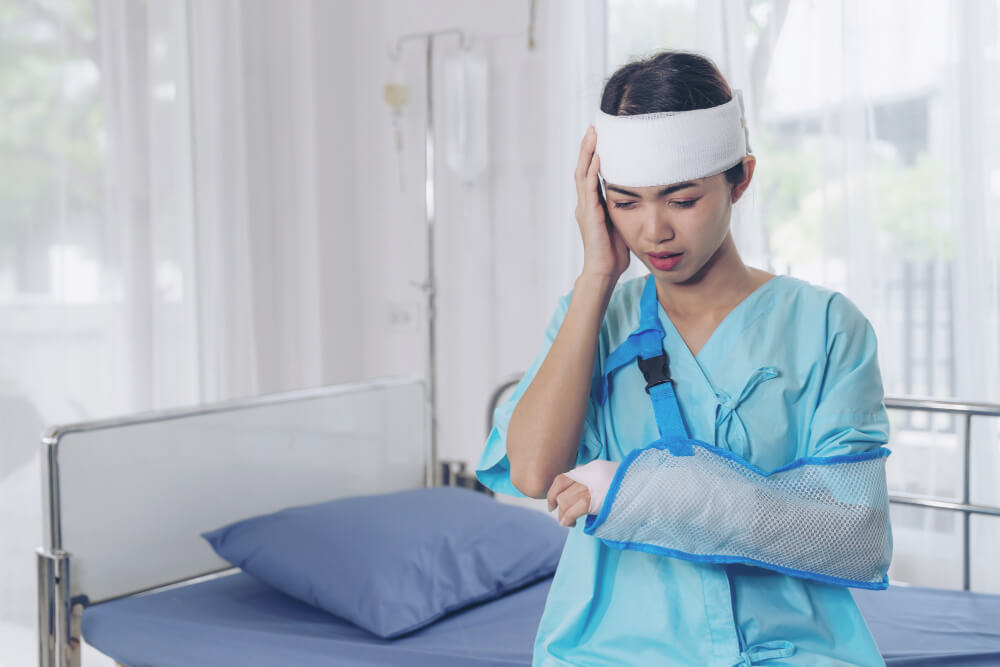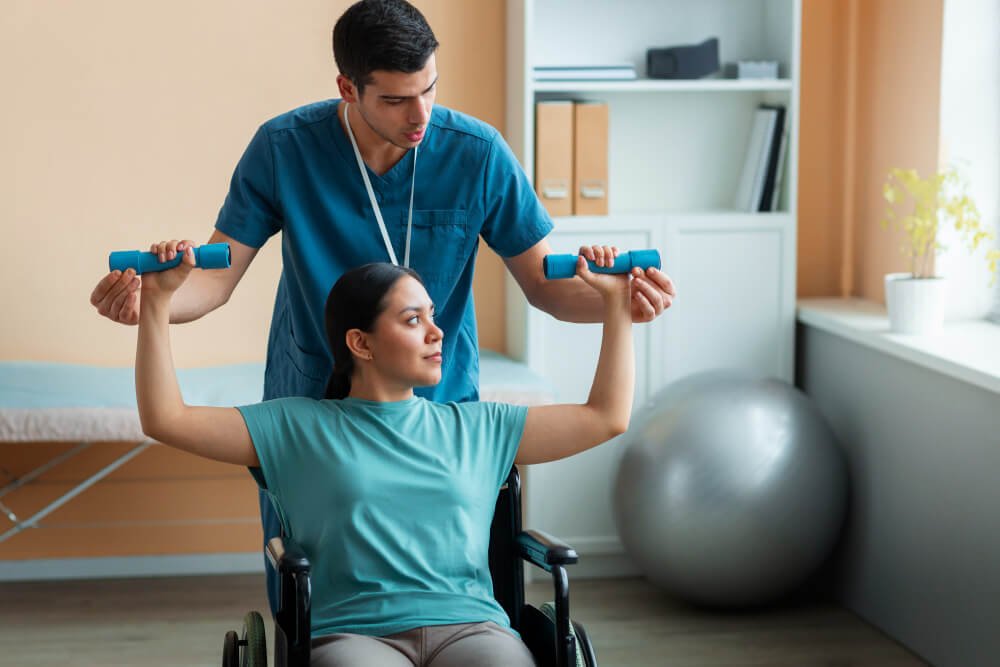Crashing Cars & Cracking Heads: Understanding Post-Accident Headaches
The aftermath of a car accident can be a whirlwind of emotions, physical aches, and logistical headaches. But one symptom you shouldn’t ignore is a throbbing pain in your head. Headaches after a car crash are surprisingly common, and while some may be minor annoyances, others can be warning signs of a more serious injury.
Here, we’ll delve into the world of post-accident headaches, exploring the different types, the potential causes, and when to seek medical attention. Whether you’ve recently been in a collision or are simply curious about head injuries, this guide will equip you with the knowledge you need to navigate this post-accident concern.

Not All Headaches Are Created Equal: Types of Post-Accident Headaches
Headaches are a common human experience, and after a car accident, you may encounter a variety of headache types. Here’s a breakdown of some common post-accident headaches:
- Tension Headaches: These are the most common type of headache, characterized by a dull, aching pain on both sides of the head. They can be caused by stress, muscle tension, or dehydration, all of which are common after a car accident.
- Migraines: These intense, throbbing headaches can be debilitating and are often accompanied by nausea, vomiting, and sensitivity to light and sound. While migraines are not always caused by head injuries, they can be triggered by the stress and trauma of an accident.
- Cervicogenic Headaches: These headaches originate from the muscles and joints in the neck. The sudden jolt of a car accident can strain these muscles, leading to pain that radiates up into the head.
- Post-Concussion Headaches: These headaches are a common symptom of a concussion, a mild traumatic brain injury (TBI). They can be similar to tension headaches but may also be accompanied by dizziness, confusion, and memory problems.
When to Seek Medical Attention: Warning Signs Not to Ignore
While some headaches after a car accident are temporary and mild, others can be serious. Here are some warning signs that indicate you should seek immediate medical attention:
- Headache that gets progressively worse: If your headache is worsening over time, it could be a sign of internal bleeding or another serious injury.
- Headache accompanied by other symptoms: Be alert for symptoms like dizziness, confusion, difficulty speaking, blurred vision, or loss of consciousness. These can indicate a concussion or other head injury.
- Neck pain or stiffness: If your headache is accompanied by neck pain or stiffness, it could be a sign of whiplash, a soft tissue injury of the neck.
- Seizures or loss of consciousness: These are extremely serious symptoms and require immediate medical attention.
Getting the Right Diagnosis and Treatment for Post-Accident Headaches

If you experience a headache after a car accident, the most important step is to seek medical attention. A doctor can assess your symptoms, determine the type of headache you have, and rule out any underlying injuries.
Here’s what to expect:
- Medical History: Your doctor will ask you about your accident, your medical history, and the nature of your headache.
- Physical Examination: The doctor will perform a physical examination, which may include checking your reflexes, vision, and coordination.
- Imaging Tests: In some cases, the doctor may order imaging tests like X-rays, CT scans, or MRIs to rule out more serious injuries.
Once the cause of your headache is determined, your doctor can recommend the appropriate treatment. Treatment options may include:
- Pain Medication: Over-the-counter pain relievers like ibuprofen or acetaminophen can help manage mild headaches.
- Muscle Relaxants: If your headache is caused by muscle tension, your doctor may prescribe muscle relaxants.
- Rest and Relaxation: Allowing your body time to heal is crucial for recovery.
- Physical Therapy: Physical therapy can help address muscle strain and improve flexibility, reducing headache frequency.
- In some cases: Medication to prevent migraines or other specific headache types.
Recovering from a Car Accident: Moving Forward
Headaches can be a frustrating addition to the already stressful experience of a car accident. However, by understanding the different types of post-accident headaches and recognizing the warning signs, you can take control of your health and seek the necessary medical attention. Remember, early diagnosis and treatment are key for a full recovery.
Here are some additional tips for recovering from a car accident and managing your headaches:
- Communicate with your doctor: Keep your doctor informed about your progress and any changes in your symptoms.
- Manage stress: Stress can worsen headaches. Practice relaxation techniques like deep breathing or meditation to manage stress levels.
- Stay hydrated: Dehydration can contribute to headaches. Ensure you’re drinking plenty of fluids throughout the day
